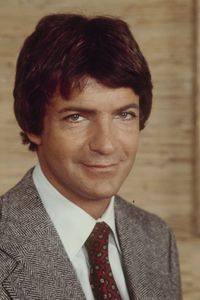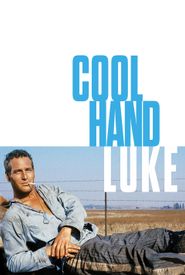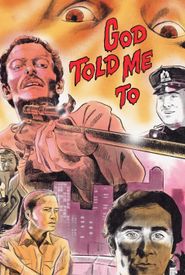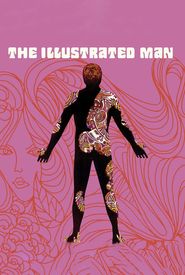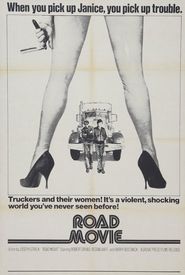Robert Drivas, a talented actor-turned-director, left an indelible mark on the 1960s stage, film, and television, showcasing his dark, brooding power and immense potential. Born on November 21, 1935, in Coral Gables, Florida, Drivas initially honed his craft at the Universities of Chicago and Miami, as well as at the Greek Playhouse in Athens and the Coconut Grove Playhouse in Miami.
Drivas made a stunning New York debut as Ramses in the play "The Firstborn" (1958),starring Anthony Quayle as Moses and producer Katharine Cornell in the role of Bithiah. He continued to impress on stage with notable performances in "One More River" (1960),"The Wall" (1960),"The Irregular Verb to Love" (1963),"And Things That Go Bump in the Night" (1965),and "Where Has Tommy Flowers Gone?" (1971). In 1963, he won a Theatre World Award for his performance in "Mrs. Dally Has a Lover" alongside Estelle Parsons.
As his reputation grew on the theater boards, Drivas transitioned to television, showcasing great intensity and lasting power in episodic guest roles on 1960s crime shows such as N.Y.P.D. (1967) and The Defenders (1961),as well as frequent appearances on The F.B.I. (1965). He also guest-starred in episodes of Route 66 (1960) and 12 O'Clock High (1964).
Drivas' first film appearance was long in coming but drew noticeable attention with his featured role of Loudmouth Steve in the classic prison drama, Cool Hand Luke (1967). This auspicious debut led to a couple of "generation gap" movies in which he was bumped up to co-star billing. Sharing the screen with Rod Steiger and Claire Bloom in the controversial LSD-influenced The Illustrated Man (1969),Drivas was intoxicating in his role but the film itself was deemed too "far out" and was considered a failure. Drivas was also quite impressive as the ultra-cool but idealistic son of David Janssen in Where It's At (1969). Again, the film was dismissed and Drivas did not advance. He went on to make only four more movies, all independent and/or foreign-made features and largely overlooked.
Drivas turned successfully to stage directing in the 1970s, which included a number of Broadway projects. He gained progressive respect with his directing of such plays as "Bad Habits," for which he won an Obie award, the uproarious farce "The Ritz," "Legend," "Cheaters," "It Had to Be You," which starred the writing husband-and-wife team of Joseph Bologna and Renée Taylor, a revival of the musical "Little Me," and, his last, "Peg" in 1983, a short-lived reenactment of the life of songstress Peggy Lee with lyrics and book by the star herself.
